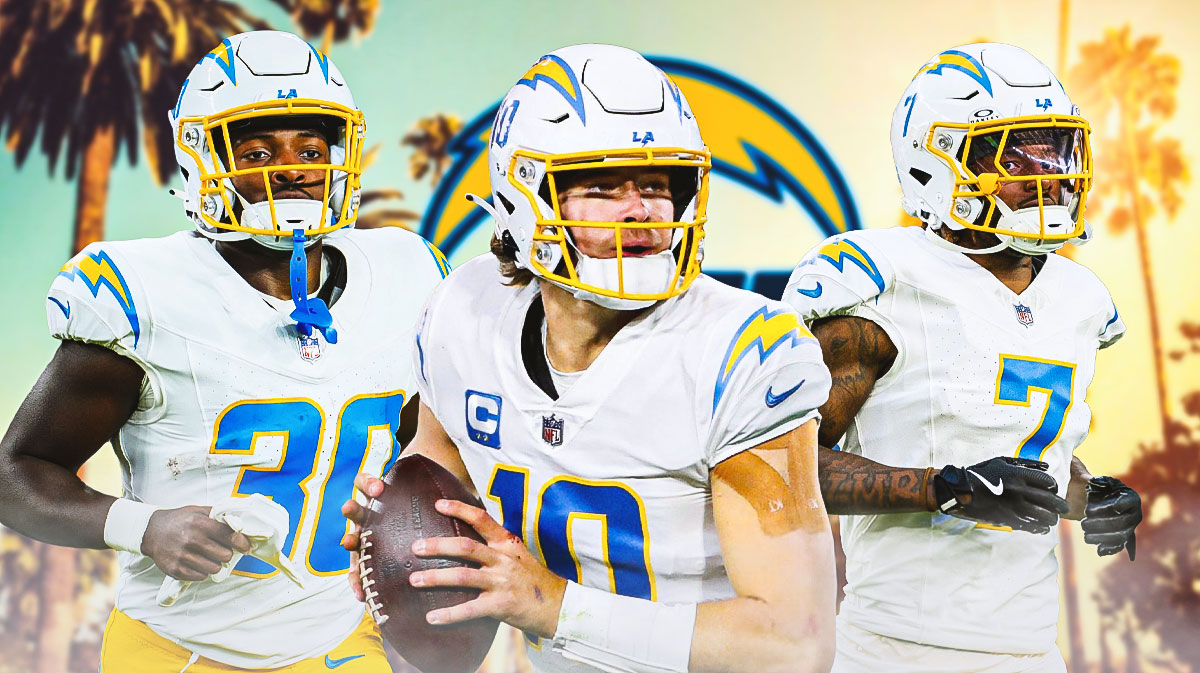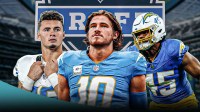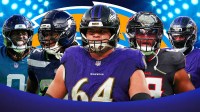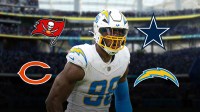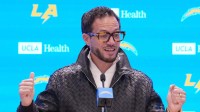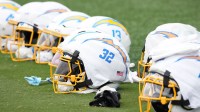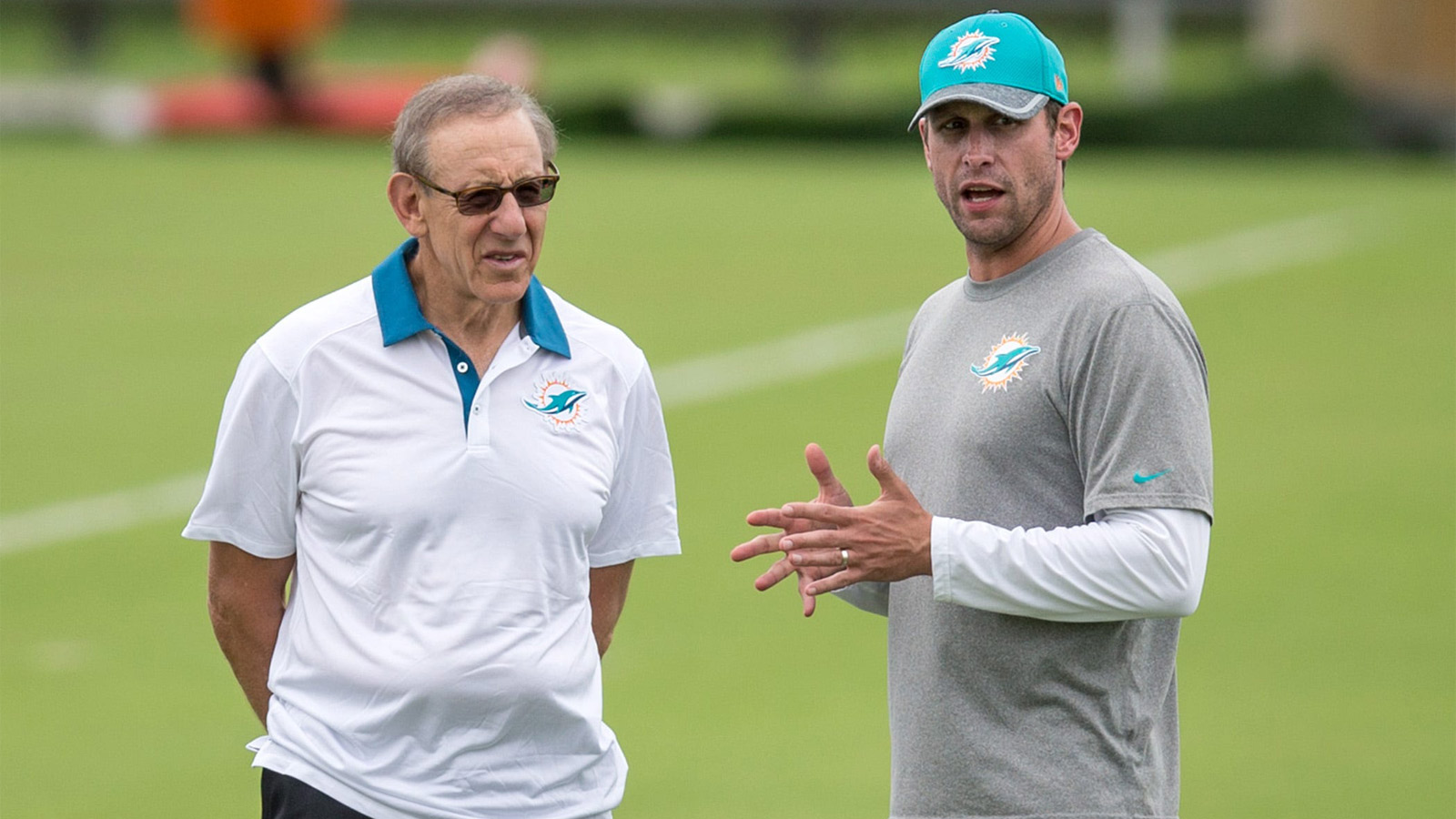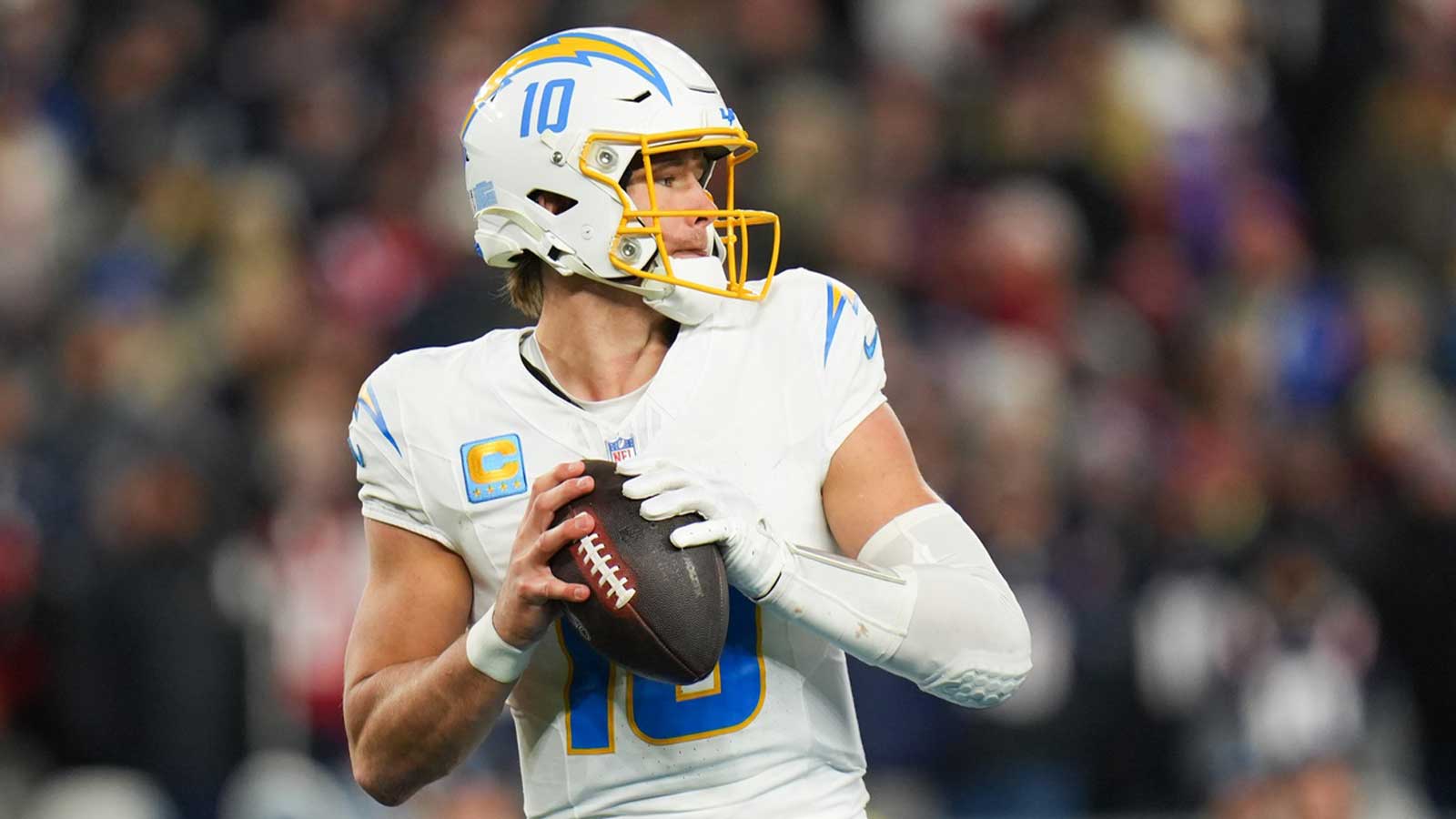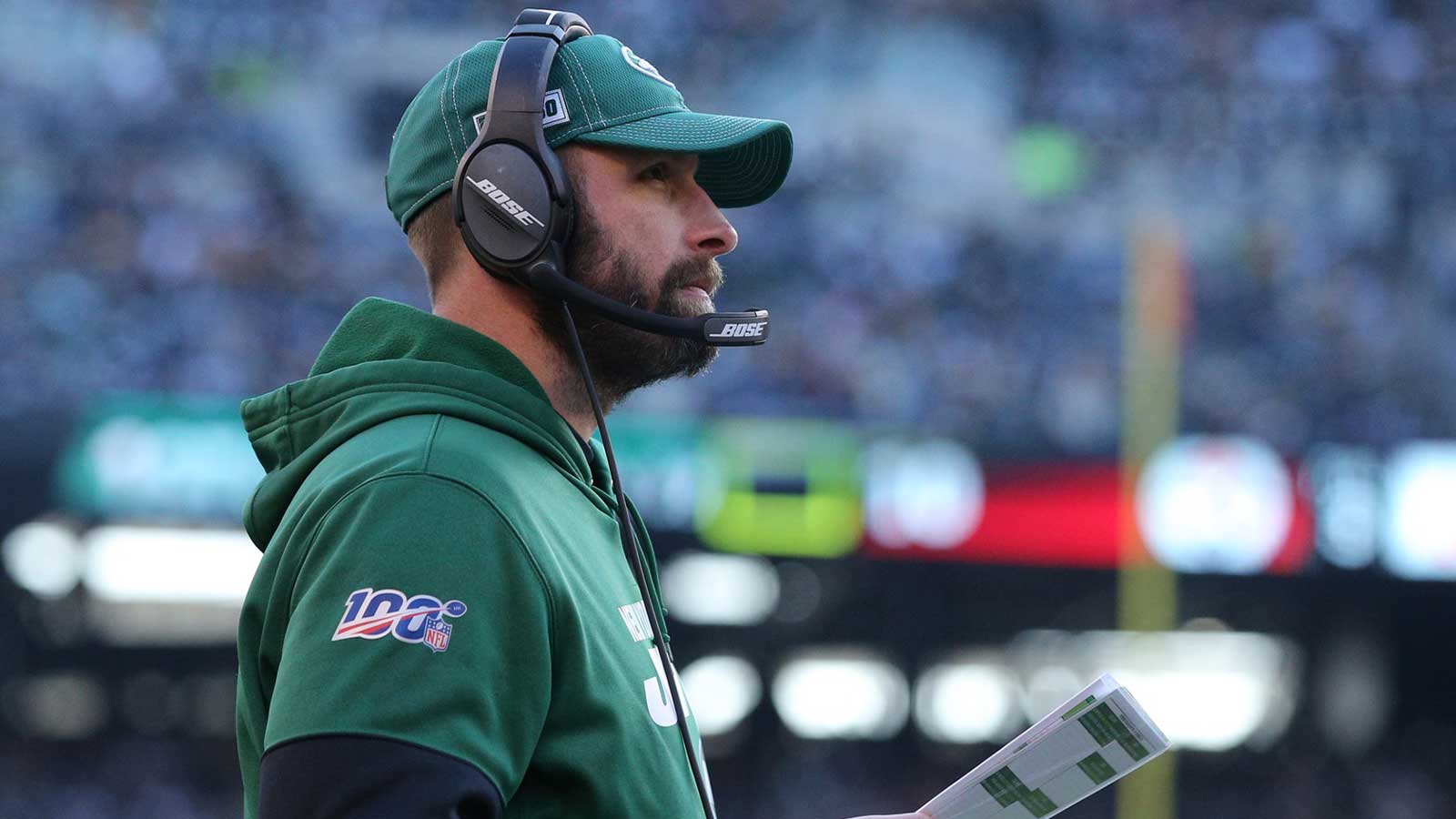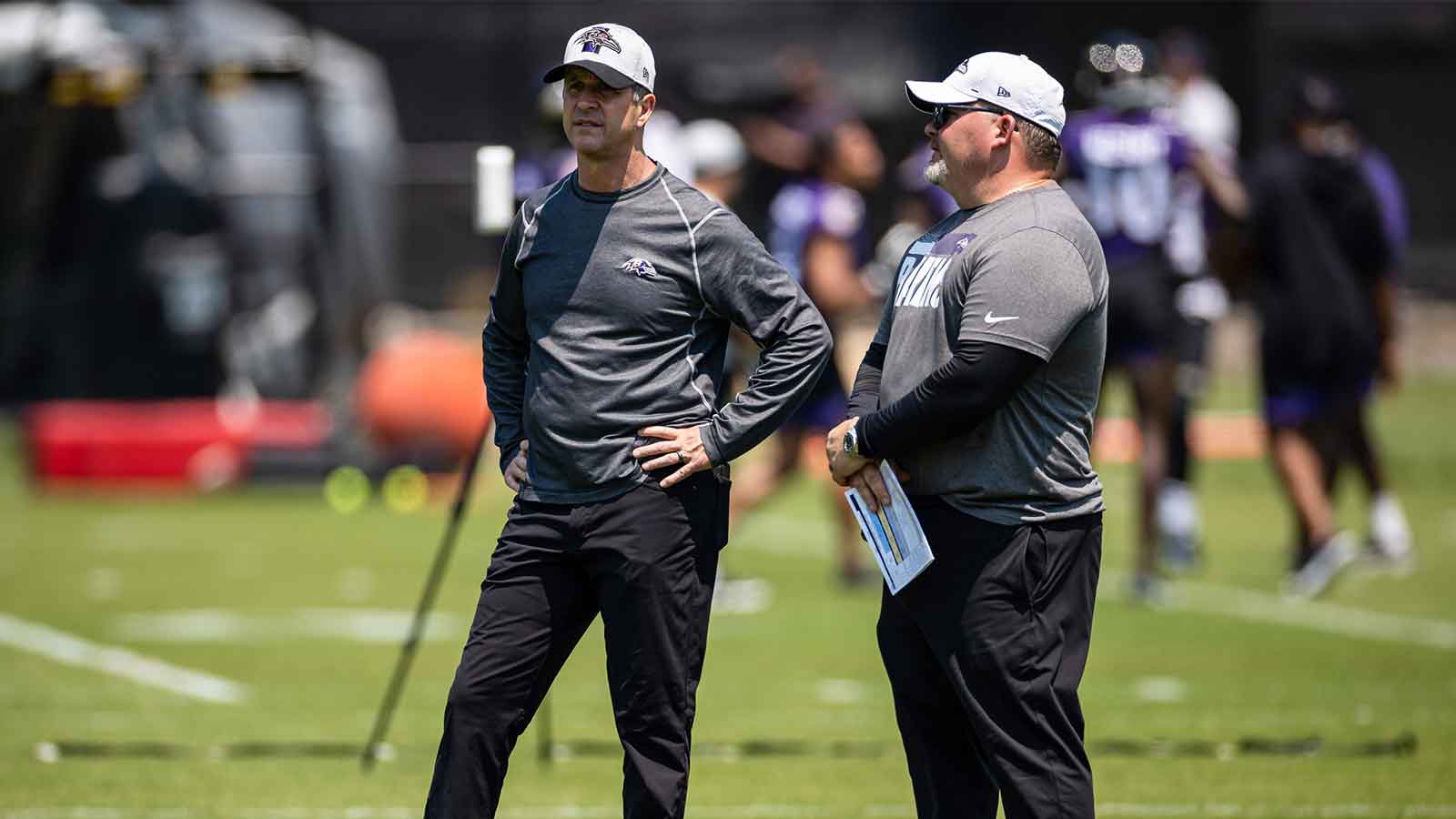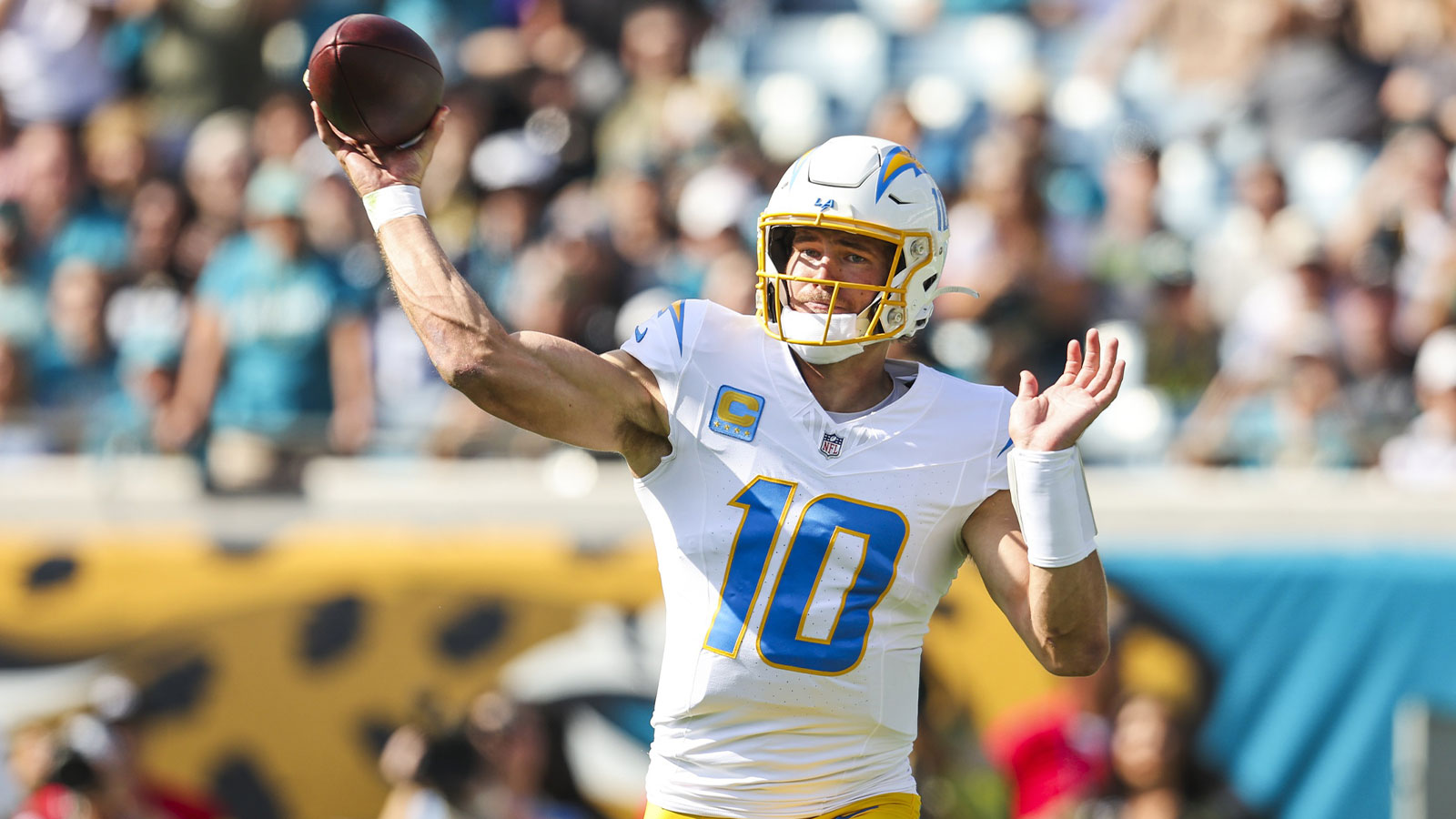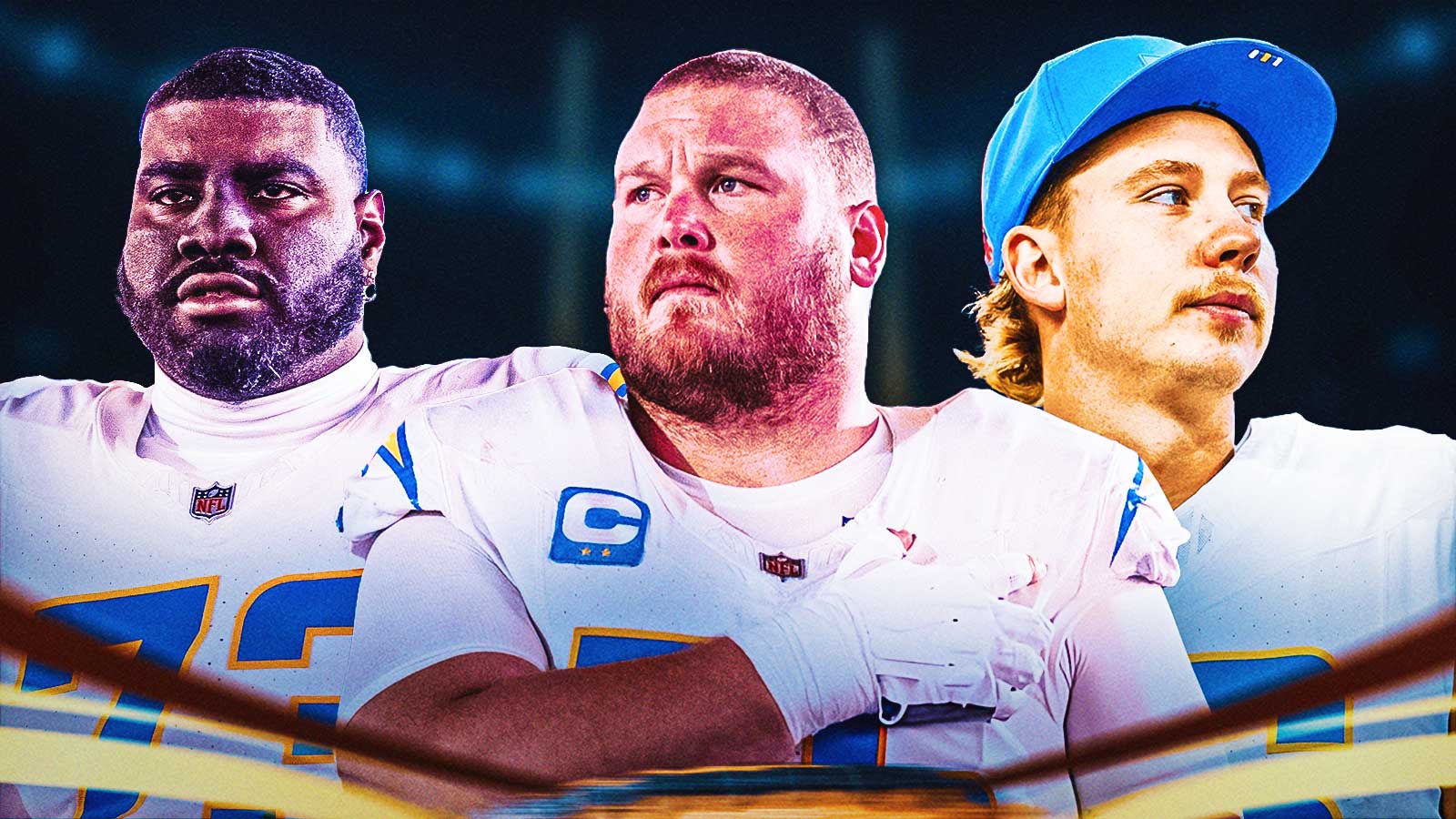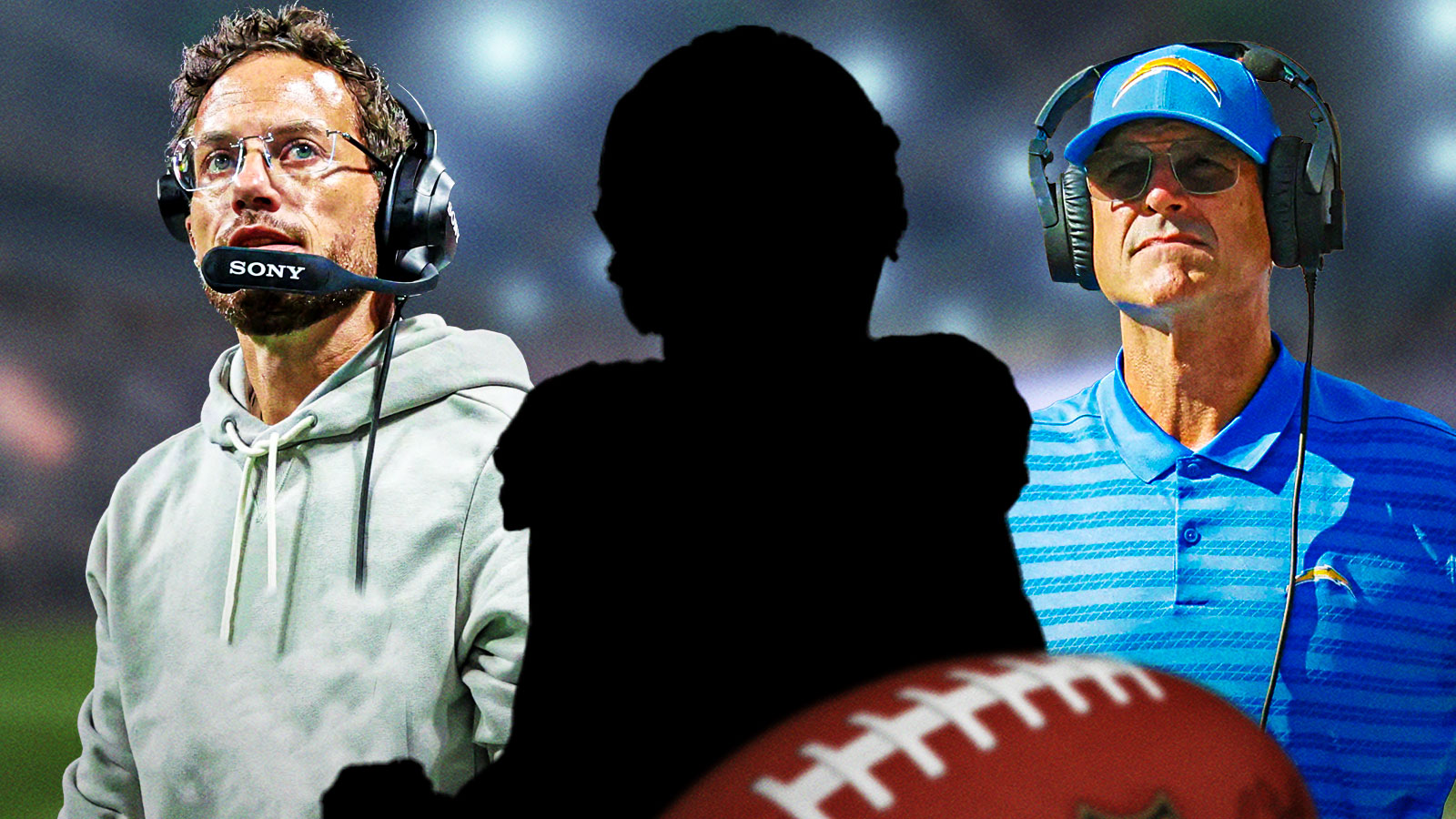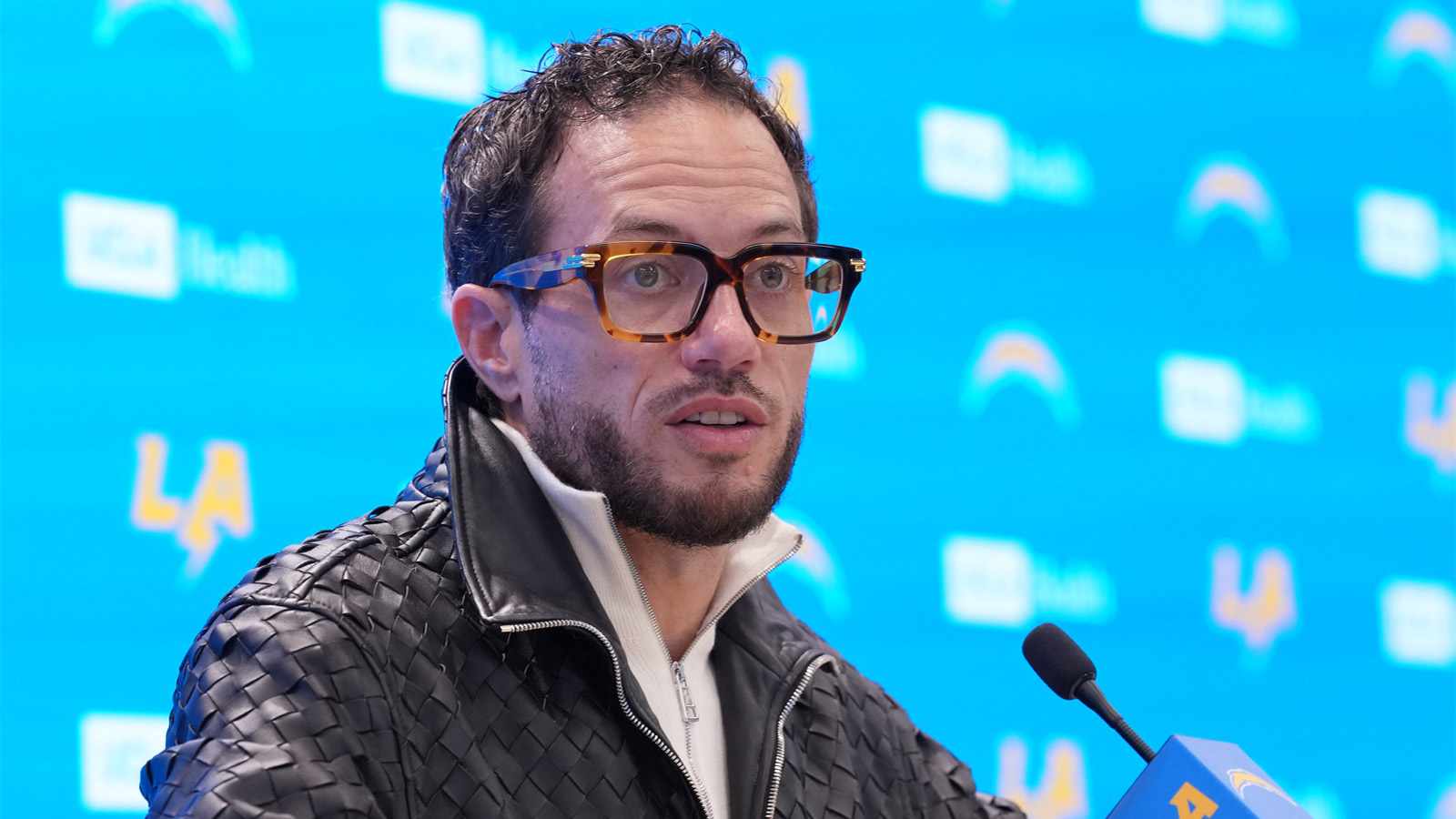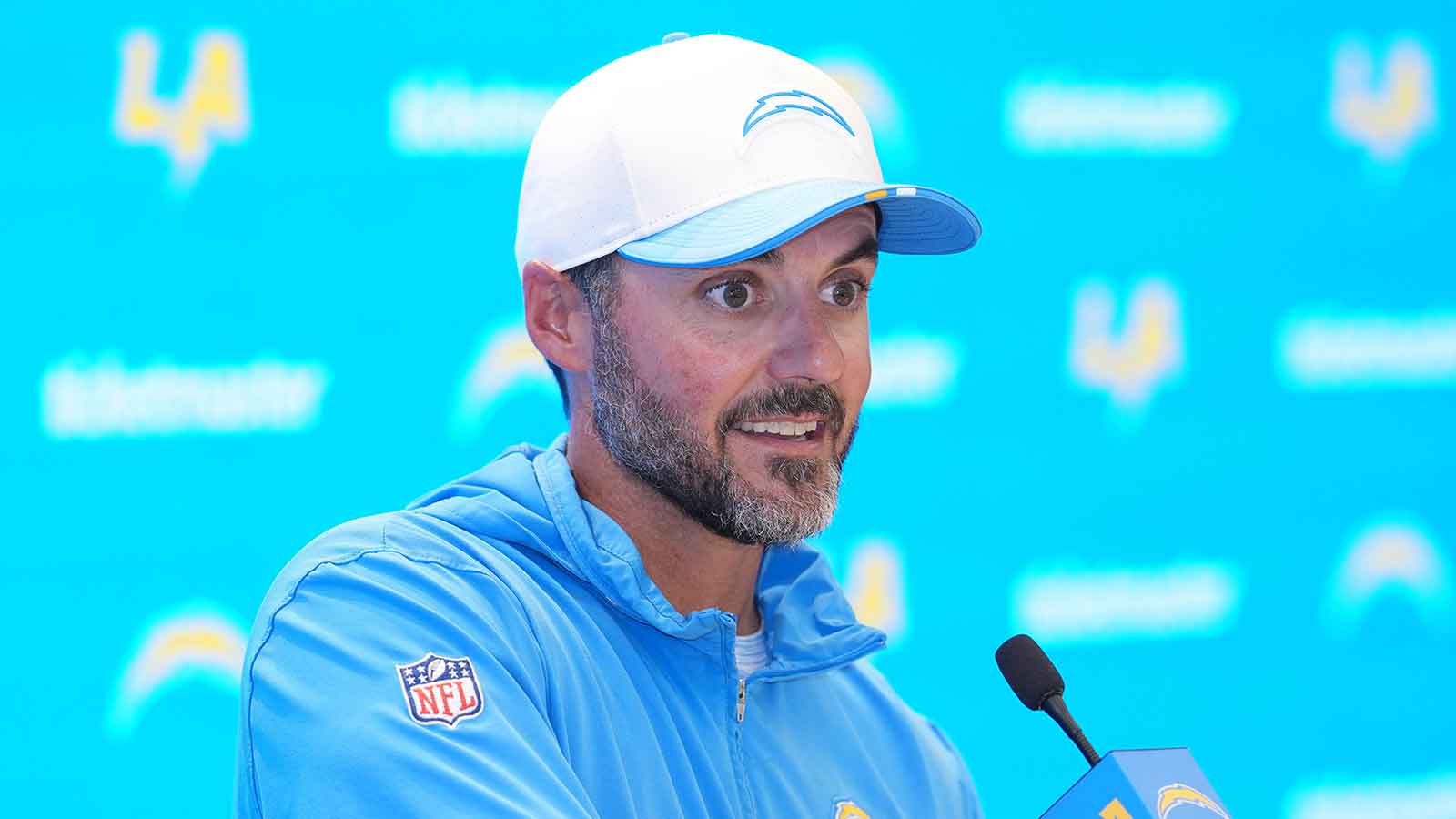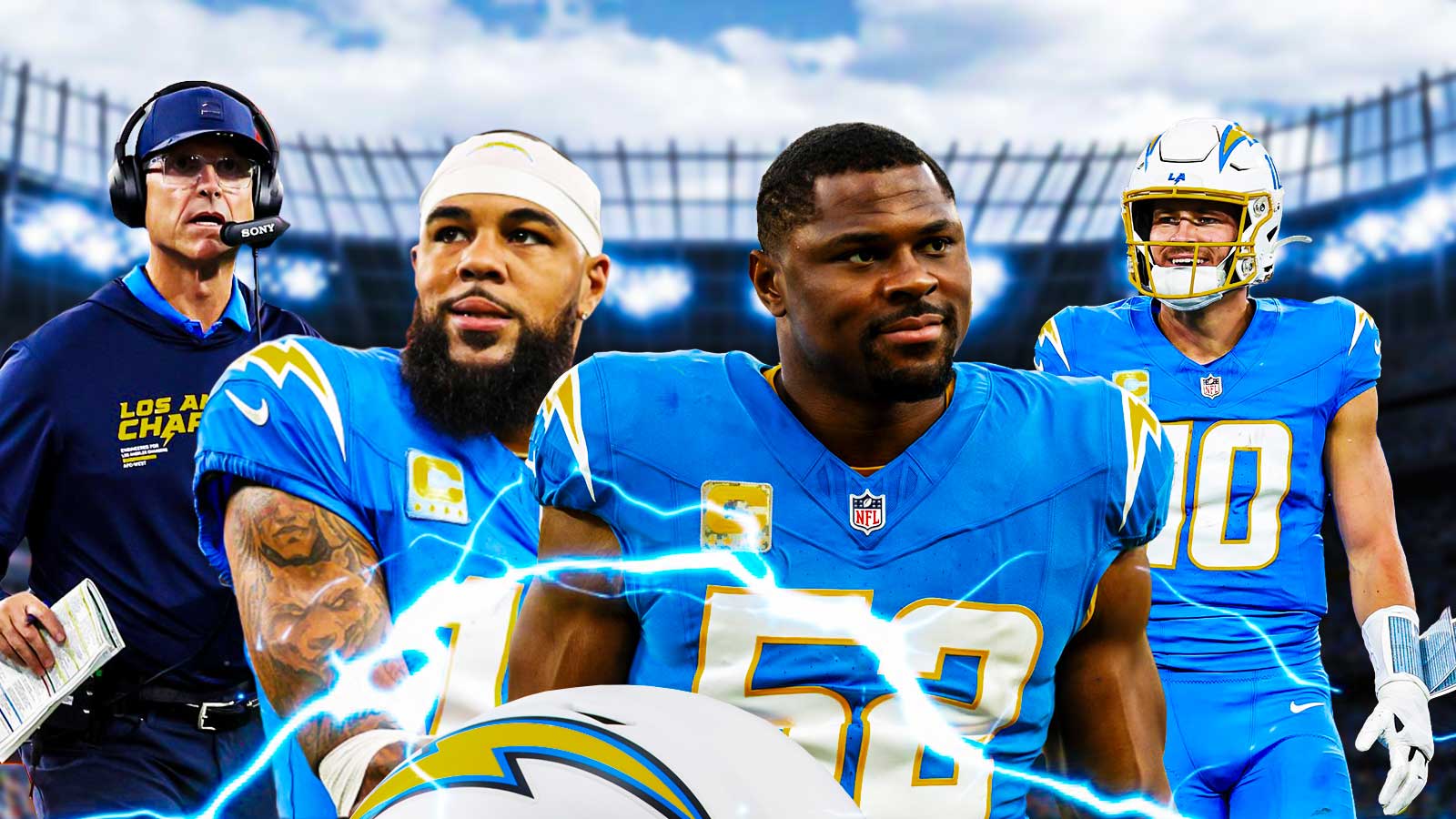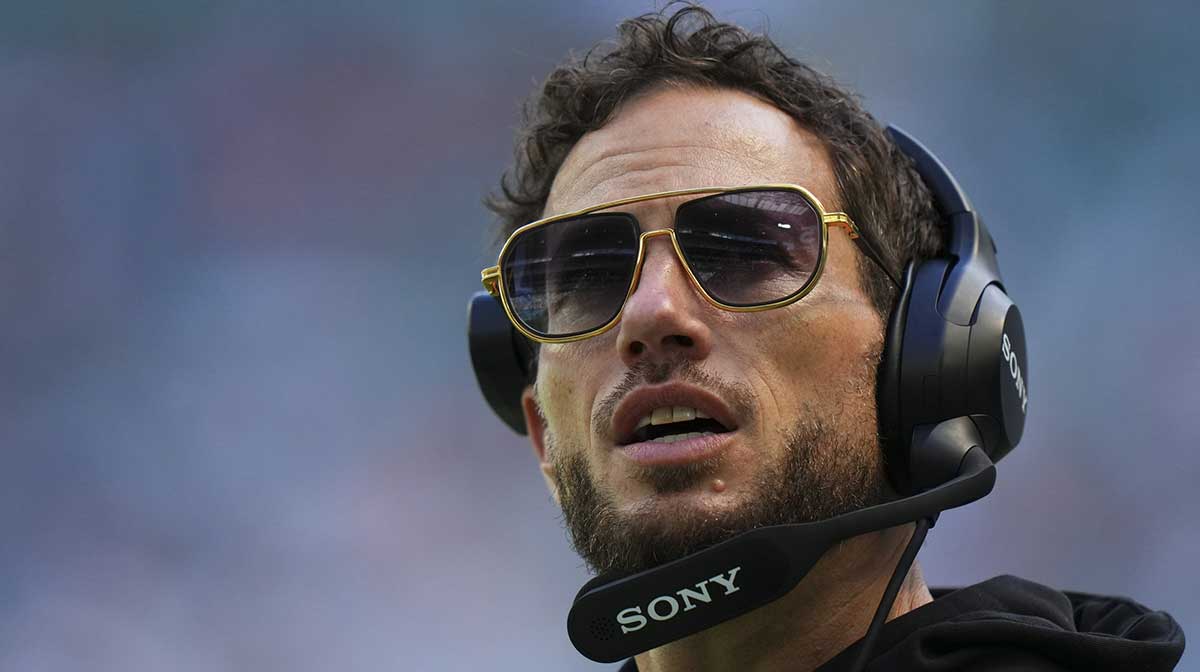In the NFL, losses can often feel more painful because of a team’s inability to deliver in pivotal moments. That was precisely the case for the Los Angeles Chargers in their lopsided 40-17 defeat to the Tampa Bay Buccaneers during Week 15 of the 2014 NFL season. What began as a promising opportunity to stay in the playoff hunt quickly spiraled into a dismal display of mistakes, miscommunication, and subpar performances from key players. This loss wasn’t just about the Buccaneers playing well; it was a glaring reflection of the Chargers’ failure to rise to the occasion.
Blown Opportunity
On what should have been a celebratory weekend, the Chargers’ second-half collapse mirrored the struggles of past regimes. They squandered their best shot at solidifying a playoff spot. With the Broncos beating the Colts, a win at home would have kept Los Angeles in control of their postseason fate. Instead, the Chargers faltered spectacularly. Shut out after halftime for the third time this season, they watched Tampa Bay steamroll their defense for 223 rushing yards and four Baker Mayfield touchdowns. The Buccaneers’ 30 unanswered second-half points sealed a 40-17 blowout. This defeat dropped the Chargers to 8-6.

Here we'll look at the Los Angeles Chargers personnel who are the most to blame for their Week 15 loss to the Tampa Bay Buccaneers.
Defensive Secondary
The Chargers' secondary had no answers for Baker Mayfield and the Buccaneers. Mayfield threw four touchdowns, while Mike Evans shredded the Chargers’ defense with 159 yards on nine catches and two scores. The coverage was shaky, the tackling poor, and the breakdowns piled up in a demoralizing loss.
Kristian Fulton had a particularly rough outing. He allowed all six targets thrown his way to be completed for 88 yards and a touchdown. His most glaring moment came when Evans beat him on a corner-post route. He used his physical frame to secure a perfectly placed ball from Mayfield.
Fulton now shares the team lead in touchdowns allowed with Ja’Sir Taylor. That's despite playing nearly double Taylor’s snaps (635 to 301). Taylor struggled as well, giving up a touchdown on Tampa Bay’s opening drive after two pick routes left rookie Jalen McMillan wide open. Later, Taylor compounded his rough day with a costly special teams penalty for tackling the punt returner before the ball arrived.
Both corners are clearly struggling, and with the Broncos looming on Thursday night, things won’t get any easier for this embattled secondary.
Running Game
The Chargers’ running game was practically nonexistent on Sunday. They produced just 32 yards on 11 carries. That's an average of 2.9 yards per attempt between Gus Edwards and Kimani Vidal. Sure, Tampa Bay boasts one of the league’s best run defenses. That said, the Chargers’ outright refusal to even attempt establishing a ground game remains one of the most baffling aspects of Greg Roman’s offensive approach.
It’s evident that the Chargers are feeling the absence of JK Dobbins. However, the numbers tell the story: Los Angeles ran only 45 offensive plays and failed to produce a single rush longer than eight yards. Meanwhile, the Buccaneers piled up 223 rushing yards on 5.7 yards per carry. Bucky Irving, Rachaad White, and even Mayfield all rushed for more yards individually than Edwards, who led the Chargers with a paltry 23 yards.
Second-Half Collapse
For the seventh time this season, the Chargers were outscored in the second half. That's a trend that continues to haunt their campaign. Sunday marked the third game where Los Angeles was held scoreless after halftime.
The Chargers appeared in control with a 17-10 lead after Tarheeb Still’s interception set up a Quentin Johnston touchdown reception. What followed, however, was a complete unraveling. The Buccaneers reeled off 30 unanswered points. The second half exposed an offense that abandoned the run far too quickly and a defense that grew passive and complacent while holding a lead.
Offensively, the lack of a ground attack meant the Chargers became overly reliant on Justin Herbert’s arm. When incompletions piled up, drives stalled in quick succession. They handed momentum back to Tampa Bay. Defensively, Los Angeles reverted to soft zone coverages designed to keep everything in front of them. That plan unraveled the moment a missed tackle occurred, as seen on Mike Evans’ 57-yard touchdown reception. That was a backbreaker that epitomized the Chargers’ struggles to finish games.

Hampered Herbert
Justin Herbert’s hardships on Sunday were exacerbated by his lingering leg and ankle injuries. Herbert, known for his ability to escape pressure and make plays on the move, was clearly limited. He didn’t attempt a single scramble against Tampa Bay and often looked hobbled when trying to maneuver away from interior pressure.
Not surprisingly, the Buccaneers’ defense capitalized on Herbert’s limited mobility. In particular, linebacker Lavonte David wreaked havoc all afternoon. David tallied 1.5 sacks and three quarterback hits, leading a unit that pressured Herbert 10 times and brought him down for three sacks. With a stagnant running game and a porous offensive line, Herbert was left to absorb yet another physical beating.
The Chargers’ inability to protect their star quarterback turned what should have been a competitive game into a rout. If Herbert’s health continues to decline under this level of punishment, the Chargers could face far more than just scoreboard losses in the weeks ahead.
Looking Ahead
Ultimately, the Chargers’ Week 15 defeat to the Buccaneers was a harsh reminder of their biggest weaknesses. Yes, injuries and individual struggles played their part. However, this loss speaks to larger systemic issues that have plagued the team all season. With the playoffs slipping further out of reach, the Chargers must look inward. They have to address their persistent flaws, and find a way to restore confidence heading into the final stretch of the season. If they don’t, this disappointing performance may be remembered as the moment their season truly unraveled.

